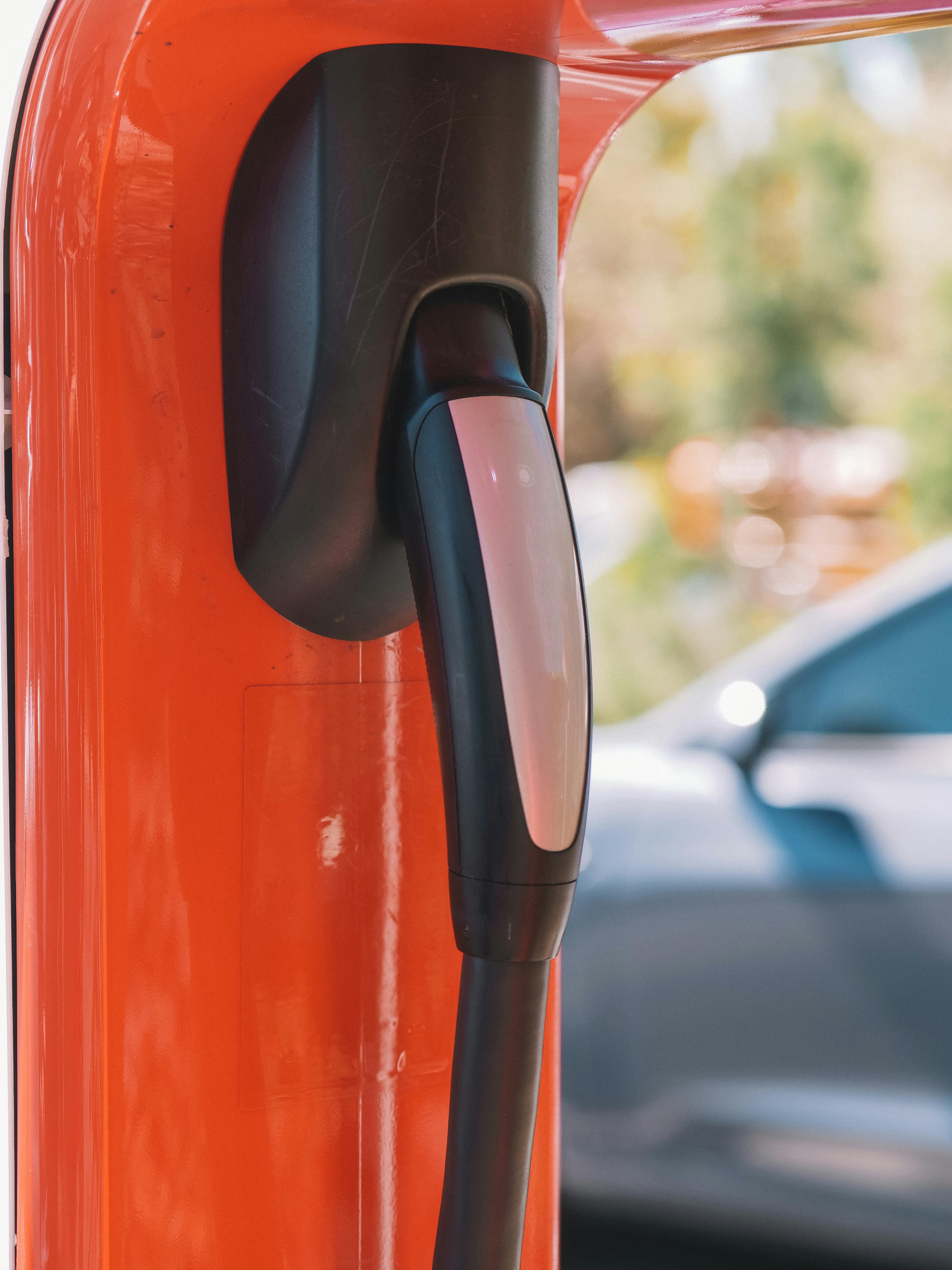Home Electric Vehicle Charging: Options, Installation, and Benefits
Electric vehicle (EV) ownership is on the rise, and with it comes the need for convenient home charging solutions. Having a dedicated charger at home eliminates the hassle of finding public charging stations and ensures your vehicle is ready to go each morning. Understanding the different types of home EV chargers, installation requirements, and charging speed considerations helps new and prospective EV owners make informed decisions about their home charging setup.

Electric Car Charger for Home Options and Installation
Home EV charging systems typically fall into two categories: Level 1 and Level 2. Level 1 chargers use standard household 120V outlets and come with most electric vehicles as standard equipment. Though convenient for initial setup, they provide only 3-5 miles of range per hour of charging. Level 2 chargers, meanwhile, require 240V electrical service (similar to what powers electric clothes dryers) and deliver 12-60 miles of range per hour depending on the model and your vehicle’s onboard charger capacity. Installation requires proper electrical service, which many homes already have in their garage or can be added by a licensed electrician. The charger itself may be hardwired into your electrical system or plug into a specialized 240V outlet, depending on the model you choose.
Fast Home Chargers for Electric Vehicles: What to Know
The term “fast charging” in home contexts typically refers to Level 2 chargers operating at their maximum capacity. These units deliver power at rates between 7-22 kW (30-90 amps), though most residential installations operate at 40 or 50 amps. When selecting a fast home charger, consider your vehicle’s maximum acceptance rate—installing a 50-amp charger won’t speed up charging if your car’s onboard charger maxes out at 32 amps. Physical installation location also matters; indoor-rated units cost less but must be protected from the elements, while outdoor-rated chargers withstand weather but come at a premium. Some fast home chargers offer smart features like scheduled charging, energy management, and smartphone connectivity that help optimize charging during off-peak electricity hours.
Level 2 EV Chargers for Efficient Home Charging
Level 2 chargers represent the sweet spot for home EV charging, balancing reasonable installation costs with significant performance improvements over basic Level 1 equipment. These systems operate at 240V and can fully charge most electric vehicles overnight, even from a completely depleted battery. Most Level 2 home units deliver between 7-11 kW of power, which translates to approximately 25-35 miles of range per hour for typical EVs. This efficiency makes them ideal for daily charging routines, allowing owners to plug in after their evening commute and have a fully charged vehicle by morning. Many utility companies offer rebates or incentives for Level 2 charger installation, potentially offsetting a significant portion of the equipment and installation costs.
Electric Vehicle Charging Tips for Home Setups
Maximizing the efficiency and convenience of your home charging station requires thoughtful planning. First, consider your daily driving habits—if you typically drive fewer than 40 miles per day, even a basic Level 2 charger will easily meet your needs. For electrical safety and optimal performance, hire a licensed electrician familiar with EV installations to assess your home’s electrical capacity and install the necessary wiring and circuit breakers. Take advantage of programmable charging features to schedule charging during off-peak electricity hours, which can significantly reduce operating costs. Keep your charging cable organized with a proper cable management system to prevent tripping hazards and prolong cable life. Finally, check with local authorities about permit requirements before installation—many jurisdictions require electrical permits for EV charger installations.
EV Fast Chargers for Home Use: Features and Benefits
Modern home EV chargers come with an array of features that enhance convenience and efficiency. Wi-Fi connectivity allows remote monitoring and control through smartphone apps, while smart charging capabilities can automatically adjust charging schedules based on electricity rates or solar production. Some units integrate with home energy management systems to balance charging with other household electricity demands. Advanced safety features include ground-fault protection, surge protection, and thermal monitoring to prevent electrical hazards. For multi-vehicle households, load-sharing technology enables two vehicles to charge simultaneously from a single electrical circuit, adjusting power distribution based on each vehicle’s needs.
Home EV Charger Options: Cost and Comparison
The investment in a home EV charging solution varies considerably based on charger capabilities and installation requirements. Understanding these costs helps homeowners budget appropriately for this essential EV accessory.
| Charger Type | Average Equipment Cost | Typical Installation Cost | Charging Speed | Smart Features |
|---|---|---|---|---|
| Level 1 (120V) | Included with vehicle | $0-300 | 3-5 miles per hour | Limited or none |
| Basic Level 2 (240V) | $300-600 | $500-1,500 | 12-25 miles per hour | Limited |
| Smart Level 2 (240V) | $650-1,200 | $500-2,000 | 25-35+ miles per hour | Wi-Fi, scheduling, energy management |
| Premium Level 2 (240V) | $1,000-2,000 | $800-2,500 | 30-60 miles per hour | Advanced connectivity, solar integration, power sharing |
Prices, rates, or cost estimates mentioned in this article are based on the latest available information but may change over time. Independent research is advised before making financial decisions.
Installation costs can vary significantly based on your home’s existing electrical infrastructure. Homes with available capacity on the electrical panel and short wiring runs to the garage will be at the lower end of installation costs, while those requiring panel upgrades or extensive wiring may see higher costs. Many regions offer incentives that can offset these expenses through utility rebates, tax credits, or other EV adoption programs.
When selecting a home EV charging solution, balance the initial investment against the convenience and time savings that faster charging provides. For most EV owners, a standard Level 2 charger offers the optimal combination of performance, features, and value for daily charging needs.




